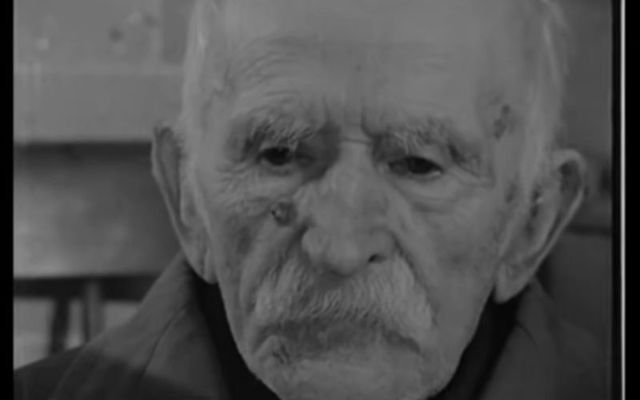This interview with a 107-year-old Irish farmer from 1965 offers a fascinating insight into agricultural change in Ireland.
Michael Fitzpatrick, who was originally from County Clare, began collecting an old age pension in 1927 and moved to a land-commissioned farm in Maynooth in County Kildare in 1940.
Asked about the type of changes he had witnessed in farming over the past century, Fitzpatrick said the biggest change was in machinery, noting the invention of the reaper-binder, which improved upon the simple reaper and made it easier to harvest low-stem crops such as wheat and barley.
He also referenced the introduction of the combine harvester, which did as much work in one morning as a simple reaper would do in a week.
However, despite the obvious advance in technology, Fitzpatrick noted that most farmers couldn't afford the new machinery, while one farmer living just outside Maynooth refused to allow it on his land, instead using men to harvest his crops. The men were paid rates of three and six pence per day, Fitzpatrick added.
Fitzpatrick also spoke about witnessing the Bodyke Evictions in County Clare during the 1880s.
Taking place during the Land War - a protest against the landlord class in Ireland in the late 19th century - the Bodyke Evictions took place in the Bodyke section of Colonel John O’Callaghan’s estate in County Clare in 1887 and are among the ugliest evictions in Irish history.
With police assistance, O'Callaghan evicted dozens of tenants from their homes in evictions that continued throughout the 1890s. Goods and livestock were often seized when tenants refused to pay rent.
Remembering the evictions, Fitzpatrick said he was present at one such eviction that went on for five hours.
"They were very cruel. They threw out children and women on the roadside," he said.
Fitzpatrick recalled seeing one family with a three-day-old baby being taken from their home.




Comments